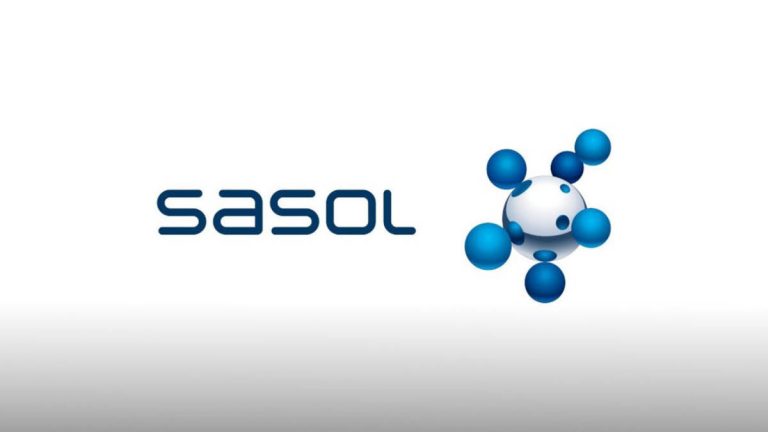
Sasol addresses food security and unemployment in its communities
Sasol has launched its Energy Innovation Schools competition aimed at raising awareness on the use of renewable and sustainable energy. The competition is geared at grades 4 to 11 learners from schools in its fence-line communities in Sasolburg, Secunda and Ekandustria.
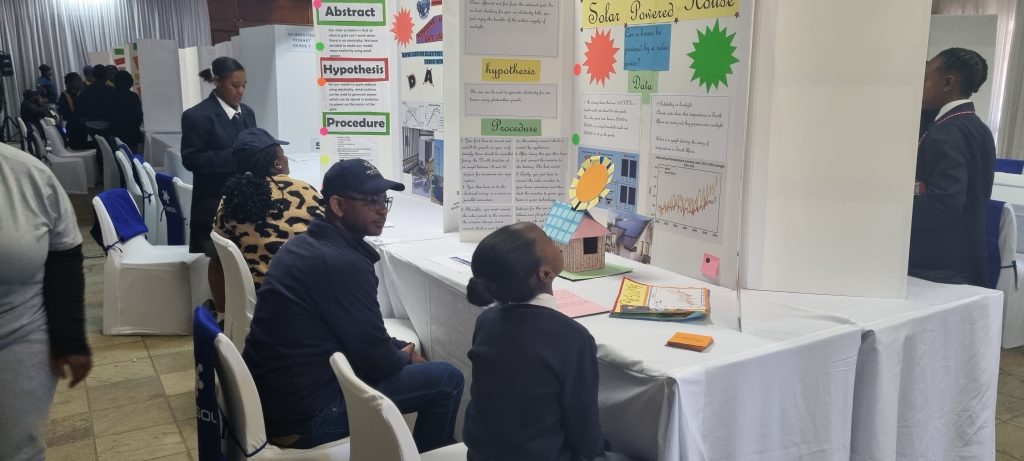
The competition is one of the supporting initiatives of the Sasol Solar Challenge, a biennial endurance event bringing together university and high school teams, and even private engineers who have manufactured fully functioning, roadworthy solar-powered cars. It runs on public roads, sharing space with trucks and regular traffic, and passes through multiple small towns. In turn, the Energy Innovation Schools Competition promotes science, technology, engineering, and mathematics (STEM) education among young people and enables them to innovate, build critical thinking, problem-solving and interpersonal skills.
“The aim of the Energy Innovation Schools Project competition is to stimulate a sense of wonder and curiosity about science, technology and energy among learners to enhance the Intermediate Phase, Senior Phase and FET Phase curriculum in the relevant subjects of Natural Sciences, Technology and Physical Sciences in pursuit of solving real-life problems related to energy sustainability,” said Noxolo Kahlana, Head of the Sasol Foundation Trust. “Sasol is using this opportunity to bring the idea of alternative and renewable energies closer to schools while supporting the solar car teams, which are competing in the Sasol Solar Challenge,”
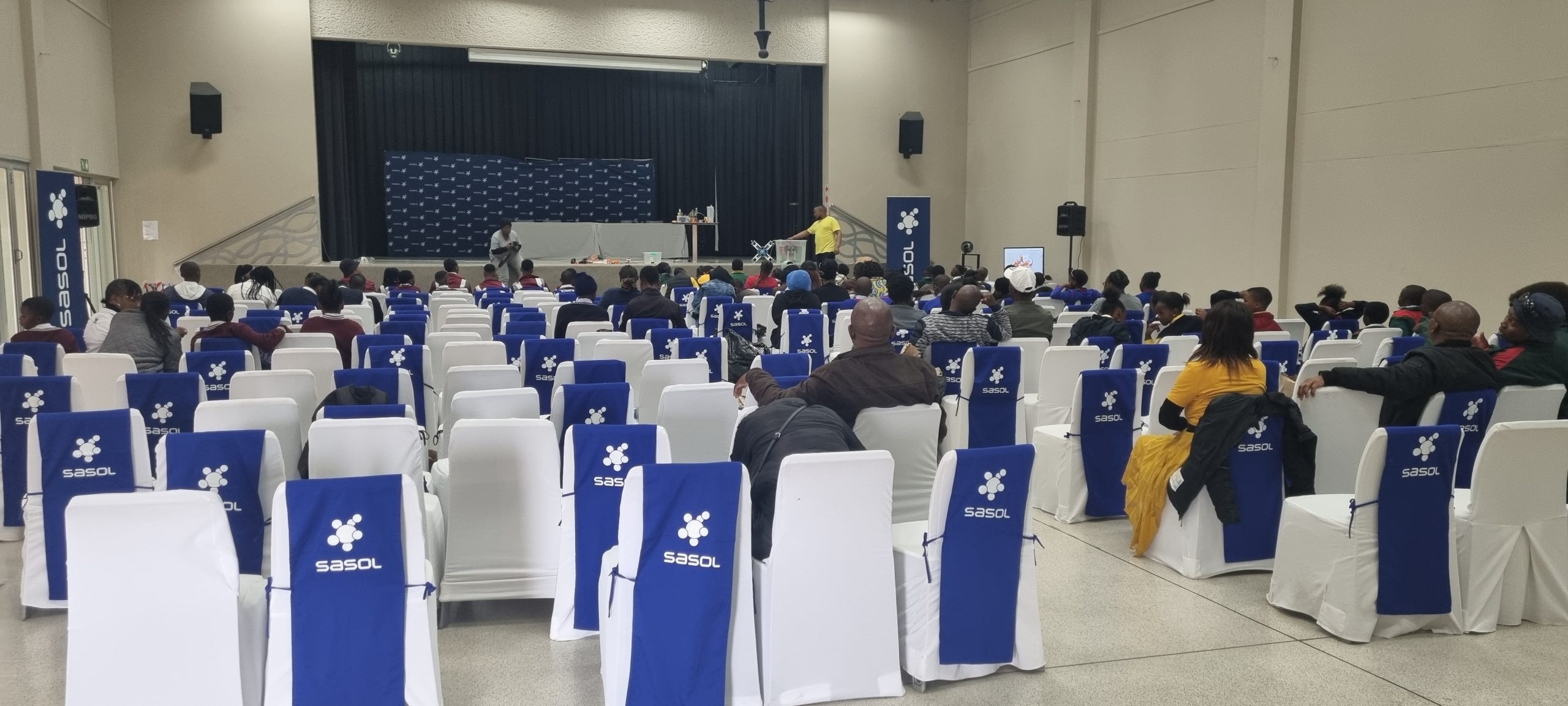
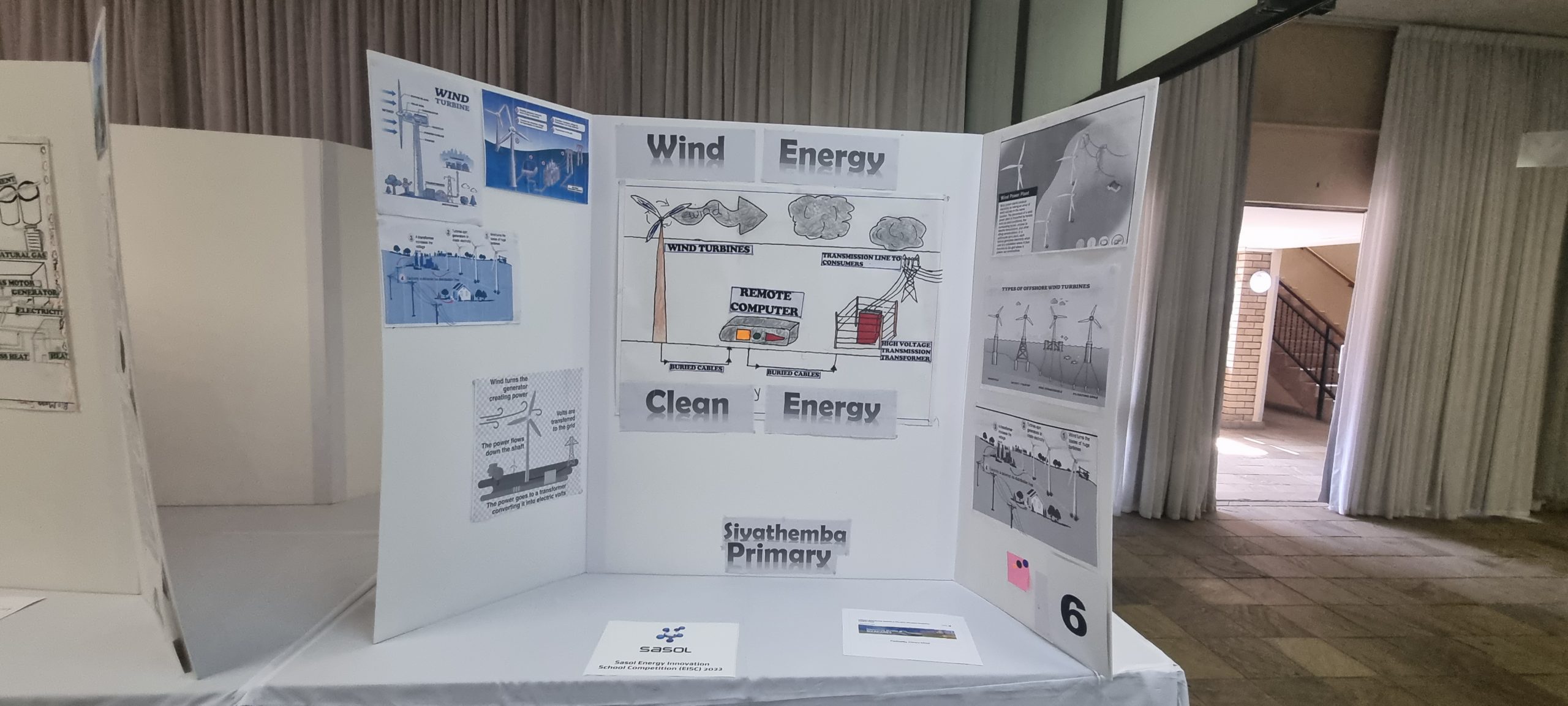
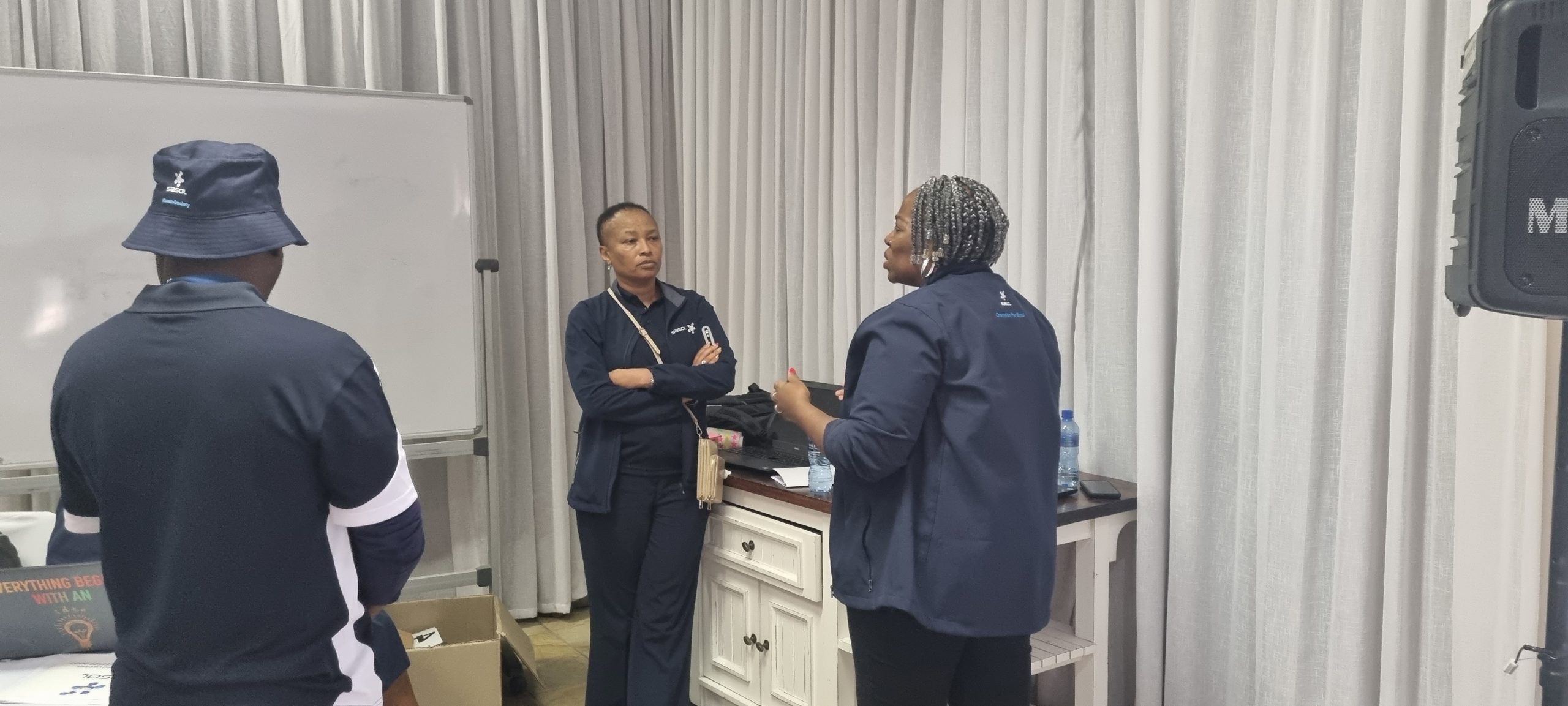
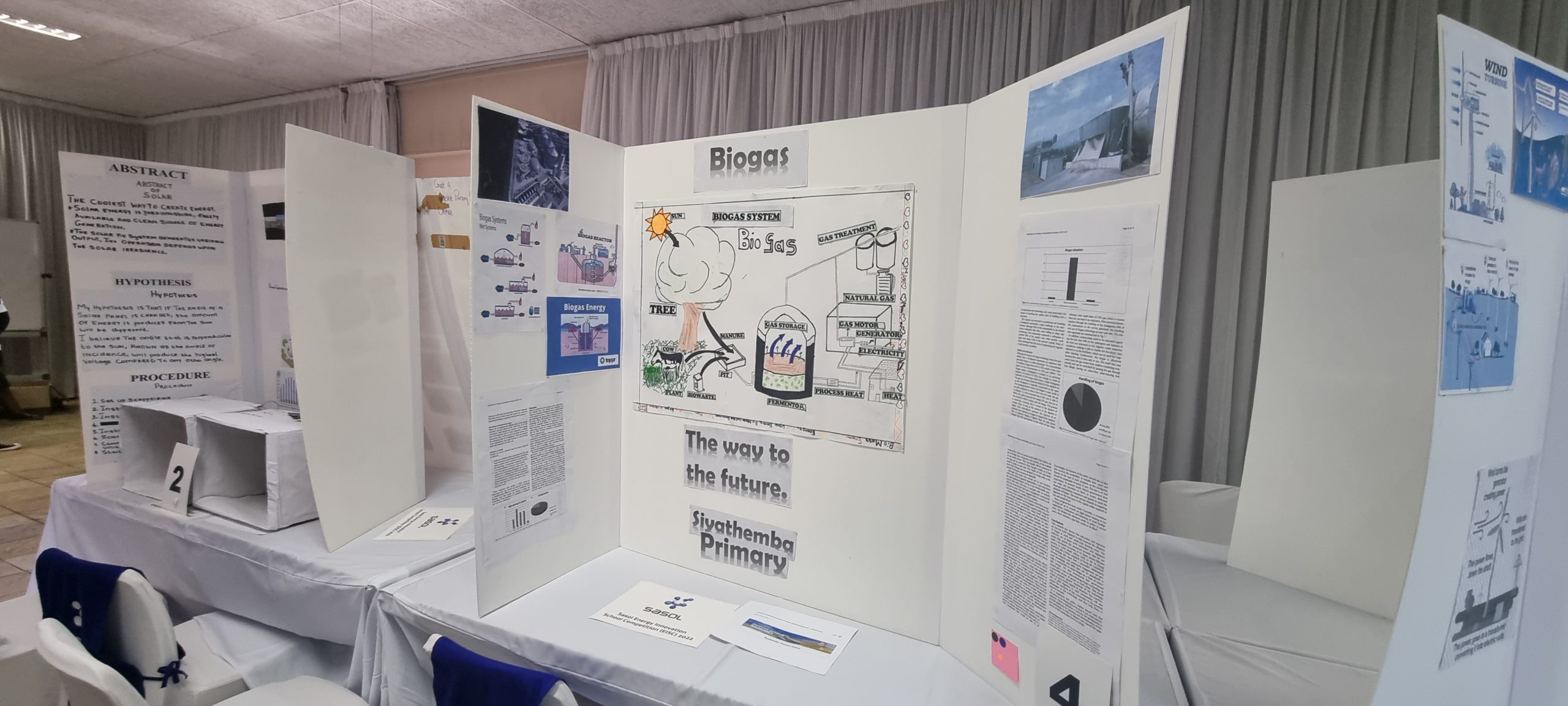
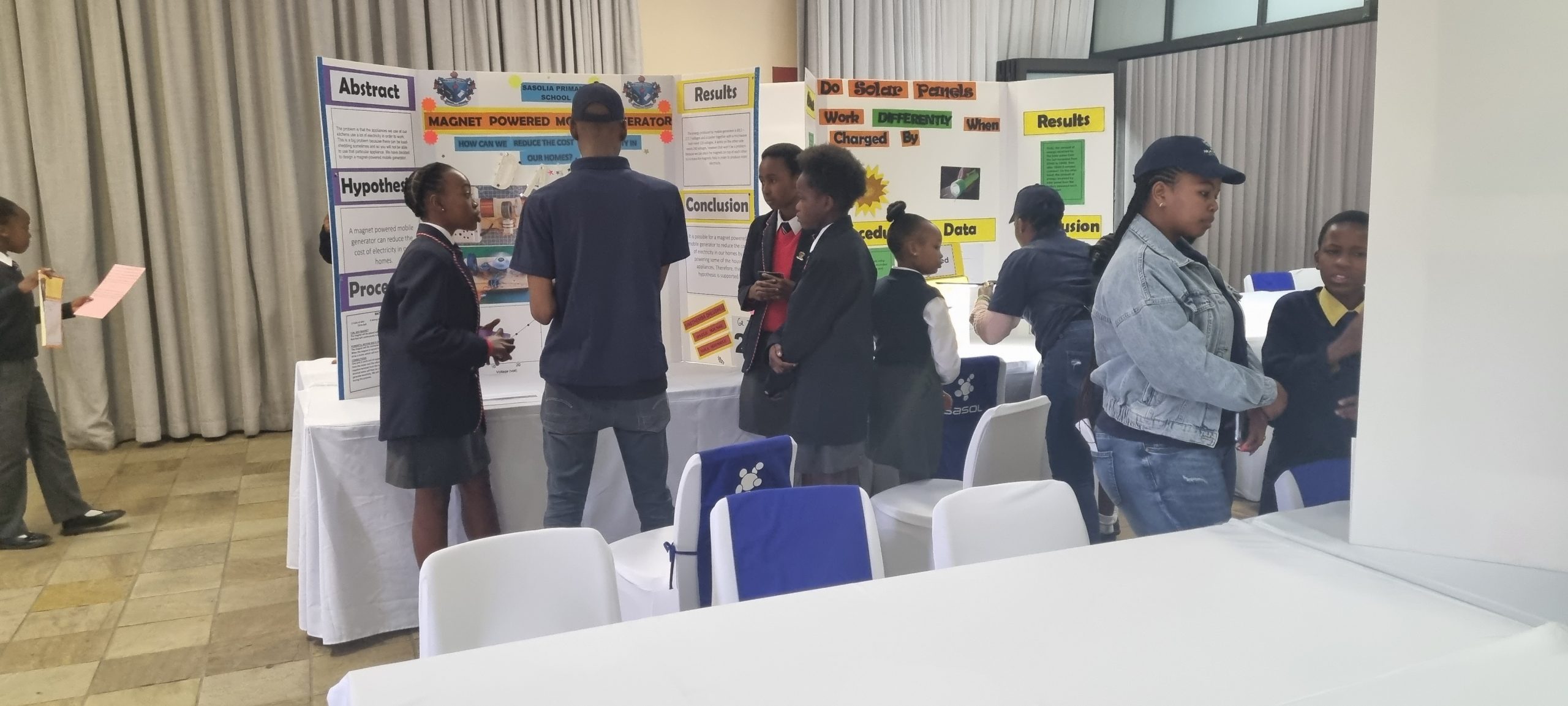
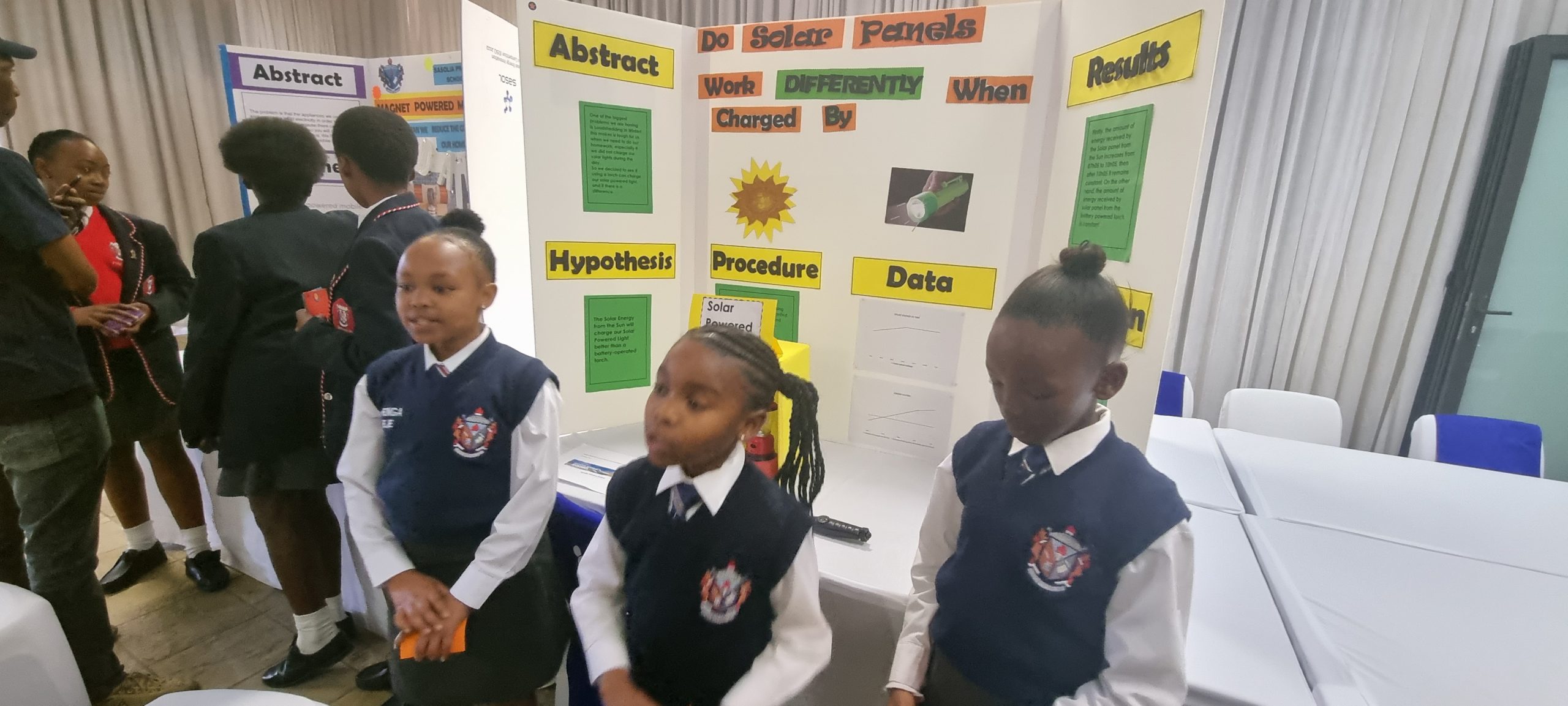
The Energy Innovation Schools Project competition is divided into two categories – for primary and high schools – and runs in three phases, which are school, regional and final. Primary school learners in grades 4 to 7 are required to present a non-experimental project on renewable and alternative energy, create a poster and orally present it. High school learners in grades 8 to 11 are required to apply scientific methods to investigate a renewable and alternative energy topic, create a prototype and present a project that works on renewable and alternative energy.
“Our goal is to advance chemical and energy solutions that contribute to a thriving planet, society and enterprise. The Energy Innovation Schools Project is one step towards that goal,” added Kahlana. “The competition is also our way of giving back to our fence-line communities by investing in engineers, scientists and thought leaders of tomorrow through education and skills development. Both these elements will play a major role in the development of sustainable solutions to address energy challenges in our fence-line communities and countrywide.”
Patience Mthembu from Botjhorisong Resource Centre in Sasolburg said: “We are excited to be part of this initiative and are grateful to Sasol for investing in our young people and giving them an opportunity to test their abilities and the limits of STEM education. “We are involved in the competition as coordinators, and we are also supporting the schools in carrying out the competition. We, therefore, look forward to reviewing and learning more about each project designed and developed by the learners.”
Also read: Helena Joubert wins a gold medal at Comrades 2022
The school-level competition is already underway and will end on Friday,12 August 2022. Participating teams are from schools in Sasolburg, Secunda and Ekandustria.